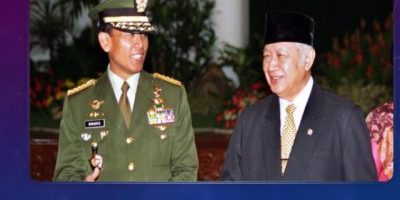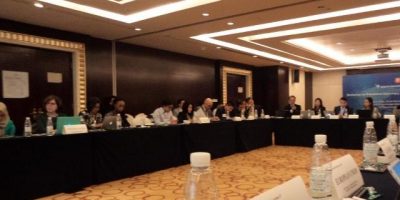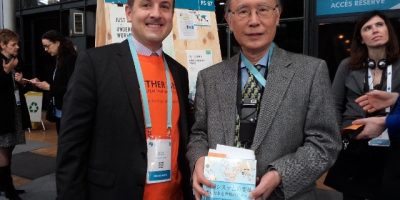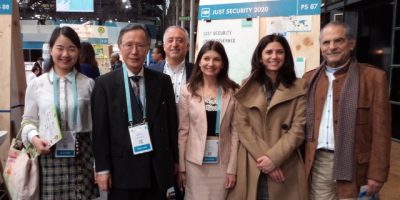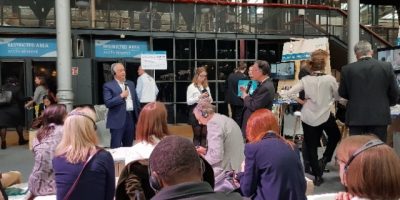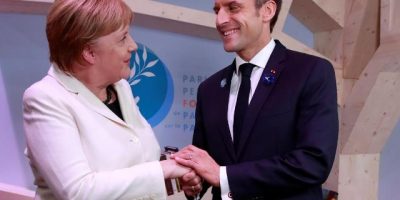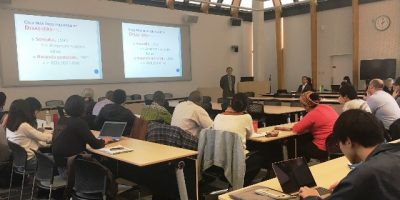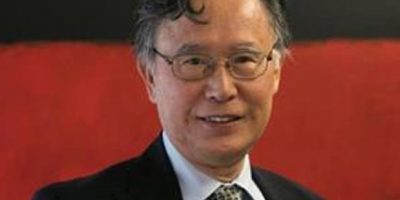UN Justice Officials wanted General Wiranto tried for Crime of Humanity, while the Timorese leaders wanted Reconciliation with Indonesians (29/11/2018)
At the ASEAN Regional Forum held in Nanjing, China, GPAJ President explained that the UN had pursued retributive justice while Timor-Leste preferred restorative justice and reconciliation and friendship following establishment of truth.

